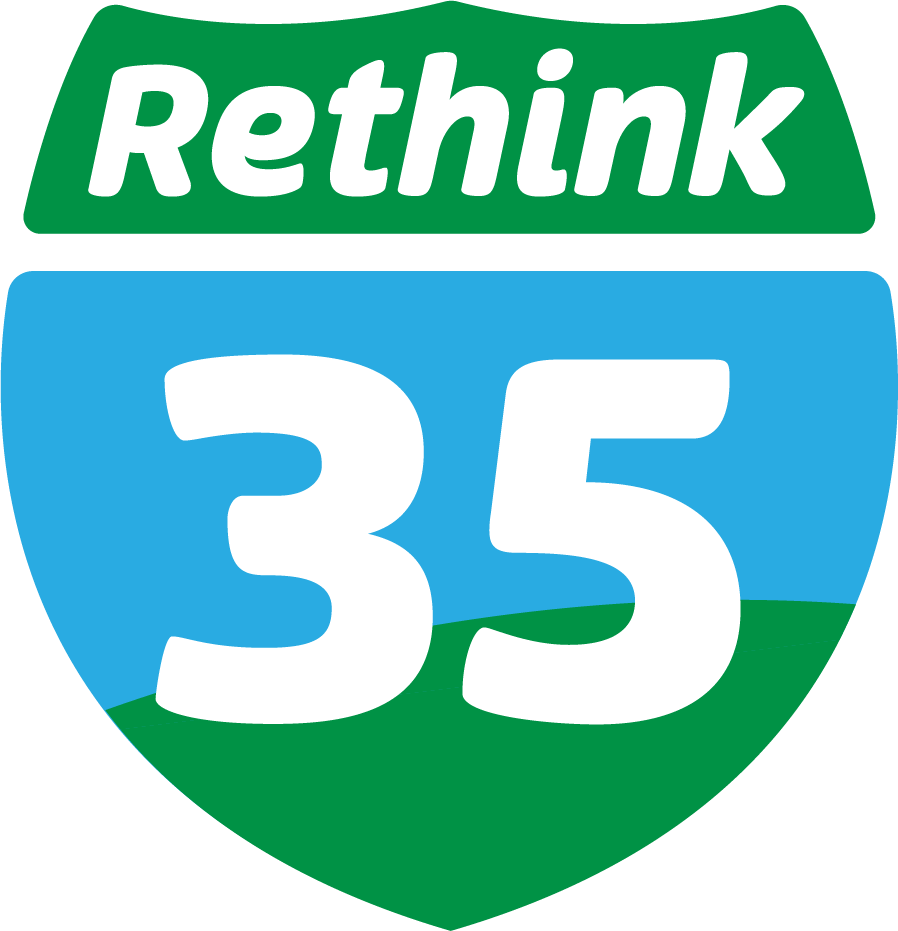Book Review: Not the End of the World by Hannah Ritchie
I was looking for optimism in these interesting times, and I have to say, Hannah Ritchie delivered with her book, Not the End of the World. If you find yourself needing a healthy dose of hope without toxic positivity or perfectionism, this is the book for you. The general vibe is this: we have made great improvements solving various environmentally-themed problems, here is the evidence of that, we still have a lot of work to do, and this is how you do it. Dr. Ritchie emphasizes that the climate emergency requires collaboration and the outcome is uncertain, but we know how to address the problems at hand and this is good news! I found her approach to be refreshing and realistic. I finished the book with concrete steps I can take to minimize my environmental impact, and the sense that those things will genuinely make a difference. As an ER nurse and a highway-fighting activist, the chapter discussing air pollution seems particularly relevant to my work. And if you’re reading this, odds are it’s relevant to your life in some way as well. Let’s dive in!
The chapter begins with a brief introduction to the problem, followed by air pollution throughout human history. Solving problems requires a good foundational understanding of “how we got to now” in order to move forward. Apparently, air quality used to be way worse, even as far back as the Roman Empire. The philosopher Seneca (4 BC-AD 65) noticed the impacts of the air quality in ancient Rome on his health, commenting that as soon as he left the city he felt the difference in an immediate and physical way. Throughout human history, burning things has been a blessing and a curse to our survival: granting us warmth and greater nutrition, while also bestowing upon us chemicals that cause heart attacks, strokes, cancer, and a multitude of other maladies. Her comparison of the air in London a few centuries ago to air in some of the world’s most polluted cities today completely shifted my perspective and filled me with hope. She used examples of problems such as the ozone layer and acid rain that the world has collectively solved to strengthen my sense that we can still fix this.
She goes on to discuss the problem in the present day (copyright year is 2024, so as of this writing the data is still fairly relevant.) I was proud to see we’ve used a common source: I also quoted the World Health Organization when addressing Austin City Council about the health impacts of expanding I-35 on Austinites.
With a thorough understanding of where we are, she gives evidence-based solutions to the problem of air pollution. The short version is: quit burning things. Burning things is the cause of air pollution. How exactly do we accomplish that? Certainly not by expanding highways. Because of the concept of induced traffic, highway expansion universally leads to greater fossil fuel consumption and decreased air quality. Austin needs more alternatives to driving. Walking, biking, and taking public transit are better for the environment and human health.
Each chapter of the book ends with a section titled “Things to stress less about,” but this chapter, and one other, were the exceptions. Dr. Ritchie urges us to stress about air quality more. As an ER nurse, I have to say that I agree. Breathing is a mandatory part of life. If someone comes to my ER with obvious respiratory distress and their vital signs show they are not getting adequate oxygen, they will be rushed to the back immediately, and for good reason. If we don’t fix the problem, they could be dead in minutes. Air, and I cannot stress this enough, is really important. We have a right to clean air that will not put us at risk for early death from heart attack, stroke, or cancer. We have a right to air that will not put us at risk of the traumatic event that is a miscarriage or stillbirth. This is my why.
My overall impression of the book is that it’s absolutely worth the time to read it. The information was presented in a way that was engaging and inspiring. Dr. Ritchie is a voice of optimism, reason, and compassion, which is exactly what we need from our leaders and climate experts in this increasingly urgent situation. Pick up a copy at your local independent or second-hand bookstore. In the meantime, keep fighting highways! You can do this by volunteering with us or using transportation alternatives. If enough of us walk, bike, and bus, perhaps we can shift demand together.

